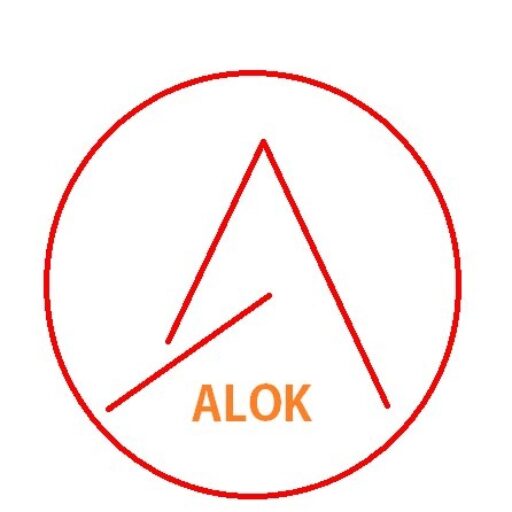Understanding Activation Energy
In chemistry, activation energy is the minimum amount of energy required to initiate a chemical reaction. In the realm of human behavior, we can think of activation energy as the initial energy required to overcome inertia and start a task.
The Science Behind Procrastination
Our brains are wired for energy efficiency. They prefer to conserve energy by avoiding tasks that require effort. This tendency, combined with the initial activation energy required to start a task, can lead to procrastination.
Overcoming the Activation Energy Barrier
To overcome the activation energy barrier and initiate action, we can employ the following strategies:
- Break Down Tasks: Divide large, intimidating tasks into smaller, more manageable subtasks.
- Set Clear Goals: Define specific, measurable, achievable, relevant, and time-bound (SMART) goals.
- Create a Positive Environment: A clutter-free, well-organized workspace can help reduce distractions and increase productivity.
- Use Time Management Techniques: Implement techniques like the Pomodoro Technique to structure your time and maintain focus.
- Reward Yourself: Celebrate small wins to stay motivated and maintain momentum.
- Find an Accountability Partner: Share your goals with someone who can hold you accountable.
- Visualize Success: Imagine yourself completing the task and enjoying the rewards.
- Start Small: Begin with a small, easy task to build momentum.
- Eliminate Distractions: Minimize distractions by turning off notifications, closing unnecessary tabs, and finding a quiet workspace.
- Practice Self-Compassion: Be kind to yourself and avoid self-criticism.
By understanding the concept of activation energy and implementing these strategies, we can overcome procrastination and achieve our goals.

